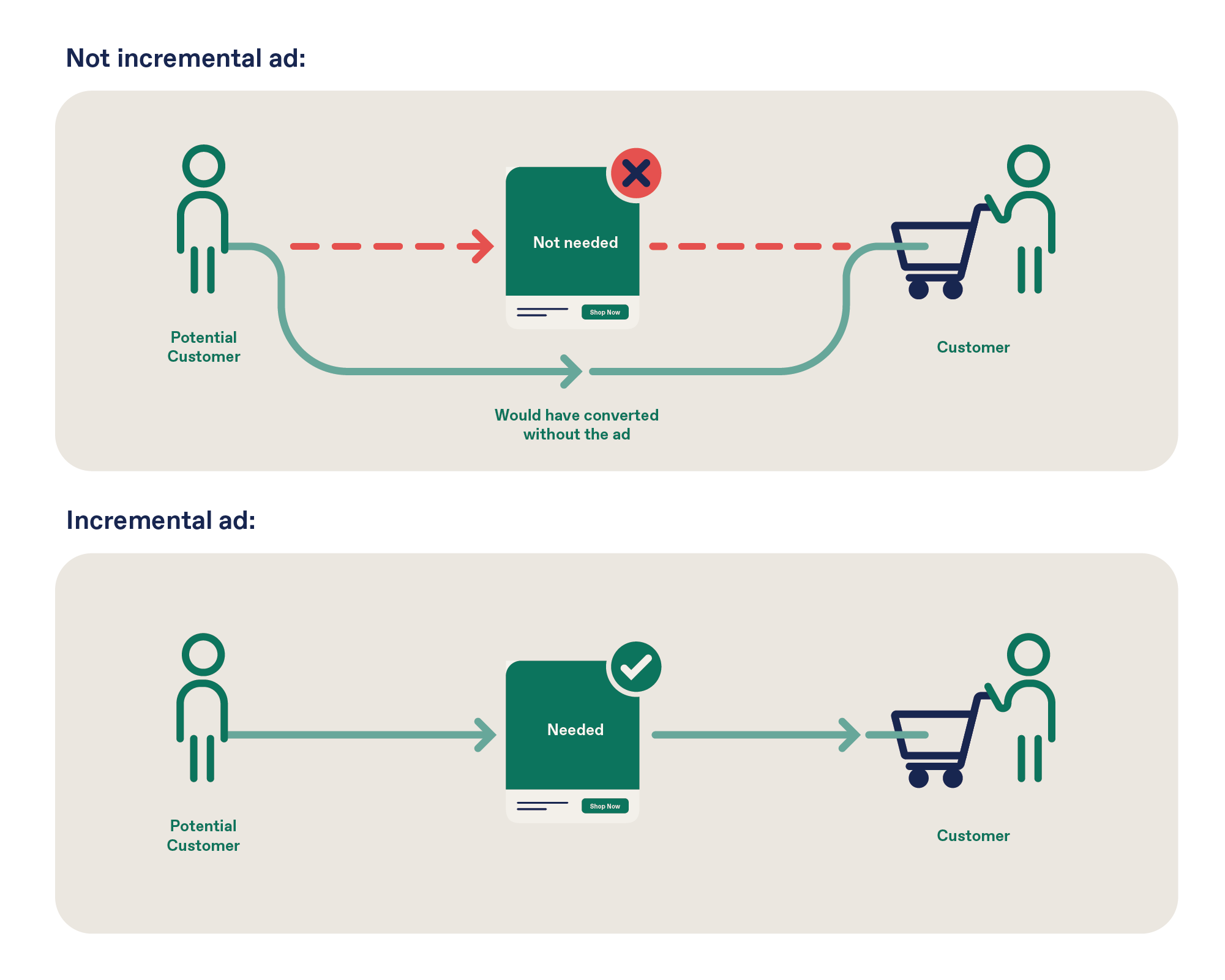Finance and Math: Complete Guide to Mathematical Requirements in Financial Careers
The mathematical foundation of finance
Finance and mathematics share an inseparable bond that form the backbone of modern financial systems. Every financial decision, from personal budgeting to complex investment strategies, rely on mathematical principles to analyze risk, calculate returns, and predict market behavior.
The financial industry encompass diverse roles with vary mathematical requirements. Understand these requirements help aspire professionals prepare adequately and choose career paths that align with their mathematical strengths and interests.
Core mathematical skills in finance
Financial professionals use several fundamental mathematical concepts every day. These skills form the foundation for more advanced calculations and analytical work.
Basic arithmetic and percentages
Every finance role require strong arithmetic skills. Professionals calculate interest rates, percentage changes, ratios, and proportions regularly. These calculations appear in loan amortization schedules, investment returns, and financial statement analysis.
Understand compound interest prove specially crucial. This concept drive retirement planning, loan calculations, and investment growth projections. The ability to work with percentages and decimal conversions become second nature for finance professionals.
Algebra and equation solving
Algebraic skills enable financial professionals to manipulate formulas and solve for unknown variables. Present value calculations, future value projections, and break evening analysis all require algebraic manipulation.
Financial modeling rely intemperately on algebraic relationships. Professionals create equations that represent business scenarios, so solve for optimal outcomes or forecast future performance.
Statistics and probability
Risk assessment form a central component of financial decision-making. Statistical analysis help professionals understand market volatility, assess investment risks, and make data drive decisions.
Probability theory guide portfolio construction and risk management strategies. Understand normal distributions, standard deviations, and correlation coefficients enable professionals to quantify and manage financial risks efficaciously.
Calculus in finance: when and why it matters
The role of calculus in finance vary importantly depend on career path and specialization. While not every finance professional need calculus, certain areas rely intemperately on advanced mathematical concepts.
Quantitative finance and derivatives
Quantitative analysts, or” quants, ” se calculus extensively in their work. These professionals develop mathematical models to price complex financial instruments and assess market risks.
Options pricing models, such as the black Sholes formula, require differential equations and partial derivatives. Understand these concepts enable professionals to value derivatives accurately and manage associated risks.
Stochastic calculus become essential for model random market movements and develop sophisticated trading strategies. These advanced mathematical tools help quantitative professionals create algorithms that drive modern financial markets.
Risk management applications
Risk managers use calculus to model potential losses and optimize portfolio allocations. Value at risk calculations oft involve integration and probability density functions.
Optimization problems in portfolio management require calculus to find maximum returns for give risk levels. These applications help institutional investors make informed allocation decisions.
Financial engineering
Financial engineers design new financial products and investment strategies use advanced mathematical techniques. Calculus help them understand how small changes in market conditions affect complex financial instruments.
These professionals create structured products that meet specific investor needs while manage risks efficaciously. Their work require deep mathematical understanding combine with practical financial knowledge.
Finance career paths and mathematical requirements
Different finance careers demand vary levels of mathematical sophistication. Understand these requirements help professionals choose appropriate career paths and preparation strategies.
Corporate finance roles
Corporate finance professionals focus on company financial management, include capital budgeting, financial planning, and strategic analysis. These roles typically require strong arithmetic, algebra, and basic statistics skills.
Financial analysts in corporate settings use spreadsheet models to evaluate investment opportunities and forecast company performance. While calculus knowledge can be helpful, it’s not typically require for these positions.

Source: pinterest.com.mx
Treasury professionals manage company cash flows and financing needs. They use mathematical models to optimize funding costs and manage interest rate risks, mainly rely on algebra and statistics.
Investment banking and capital markets
Investment bankers use financial modeling to value companies and structure transactions. These roles require strong mathematical skills, include advanced excel modeling and statistical analysis.
While calculus isn’t invariably mandatory, understand mathematical concepts help investment bankers communicate efficaciously with quantitative teams and clients. The ability to grasp complex mathematical relationships prove valuable in deal structuring.

Source: pinterest.com
Capital markets professionals oftentimes work with derivatives and complex securities. Depend on their specific role, they may need calculus knowledge to understand pricing models and risk characteristics.
Asset management and portfolio analysis
Portfolio managers and research analysts use statistical methods to evaluate investments and construct portfolios. These roles require strong quantitative skills, include regression analysis and hypothesis testing.
Modern portfolio theory rely on mathematical optimization techniques. While not all portfolio managers need calculus, understand these concepts help them make better investment decisions and communicate with quantitative research teams.
Risk adjust return calculations and performance attribution analysis require sophisticated mathematical understanding. These skills help asset managers demonstrate value to clients and improve investment processes.
Financial planning and advisory services
Financial planners help individuals and families achieve their financial goals through comprehensive planning strategies. These professionals principally use arithmetic, percentages, and basic statistical concepts.
Retirement planning calculations involve present value and future value formulas, require algebraic skills. While calculus isn’t necessary, strong mathematical fundamentals help planners provide accurate advice and build client confidence.
Insurance analysis and estate planning may involve more complex calculations, but these typically don’t require calculus knowledge. Financial planning software oftentimes handle complex computations, allow planners to focus on client relationships and strategic advice.
Prepare for mathematical challenges in finance
Success in finance require ongoing mathematical skill development. Professionals can take several approaches to strengthen their quantitative abilities and advance their careers.
Educational foundation
Most finance programs require coursework in mathematics, statistics, and quantitative methods. Students should focus on build strong fundamentals before attempt advanced topics.
Calculus courses will provide valuable problem will solve skills and mathematical maturity, level for students who won’t will use calculus straight in their careers. The logical thinking and analytical skills develop through calculus study benefit all finance professionals.
Statistics and econometrics courses prove specially valuable for finance students. These subjects provide practical tools for analyzing financial data and make informed decisions.
Professional development
Finance professionals can enhance their mathematical skills through continue education and certification programs. The CFA (chartered financial analyst )designation include significant quantitative content that strengthen analytical abilities.
Online courses and tutorials provide flexible options for skill development. Many platforms offer finance specific mathematics courses that connect mathematical concepts to practical applications.
Professional organizations oftentimes provide workshops and seminars on quantitative topics. These events help professionals stay current with evolve mathematical techniques and applications.
Technology and tools
Modern finance rely heavy on technology to perform complex calculations and analysis. Proficiency with Excel, statistical software, and programming languages become progressively important.
Python and r programming languages offer powerful tools for financial analysis and modeling. These skills complement mathematical knowledge and increase career opportunities.
Financial calculators and specialized software handle routine calculations, allow professionals to focus on interpretation and decision-making. Nevertheless, understand underlie mathematical principles remain crucial for effective tool usage.
Industry trends and future requirements
The finance industry continue to evolve, with technology and data analytics play progressively important roles. These changes affect mathematical skill requirements for finance professionals.
Fintech and digital finance
Financial technology companies oftentimes require stronger technical and mathematical skills than traditional finance roles. These companies use algorithms and data science techniques to deliver financial services.
Blockchain technology and cryptocurrency markets create new opportunities for mathematically incline finance professionals. Understand cryptographic principles and distribute systems require advanced mathematical knowledge.
Robo-advisors and automated investment platforms rely on mathematical models to provide financial advice. Professionals work in these areas need strong quantitative skills to develop and maintain these systems.
Data analytics and machine learning
Big data analytics transform how financial institutions make decisions and serve customers. These applications require statistical knowledge and programming skills.
Machine learn techniques help financial institutions detect fraud, assess credit risk, and optimize operations. Finance professionals progressively need to understand these mathematical concepts to remain competitive.
Artificial intelligence applications in finance continue to expand, create opportunities for professionals with strong mathematical and technical backgrounds.
Make the right career choice
Aspire finance professionals should frankly assess their mathematical abilities and interests when choose career paths. Different roles offer vary levels of mathematical complexity and requirements.
Those who enjoy mathematical challenges and problem-solving may thrive in quantitative roles that require calculus and advanced statistical methods. These positions oftentimes offer competitive compensation and intellectual stimulation.
Professionals who prefer client interaction and relationship building can succeed in roles that require strong mathematical fundamentals without advanced calculus knowledge. These positions emphasize communication skills and business acumen alongside quantitative abilities.
The key lie in find the right balance between mathematical requirements and personal interests. Finance offer opportunities for professionals with diverse mathematical backgrounds, from basic arithmetic skills to advanced calculus knowledge.
Continuous learning and skill development remain essential disregarding of choose career path. The finance industry reward professionals who adapt to change requirements and embrace new mathematical tools and techniques.



